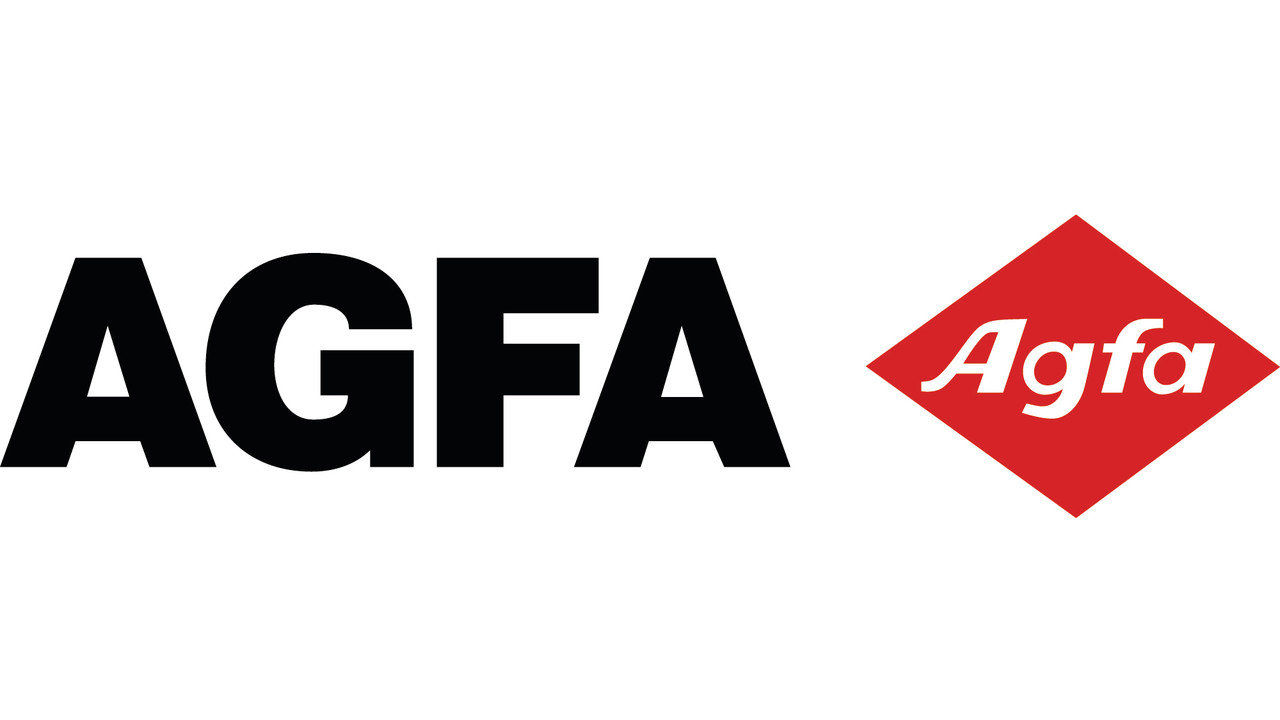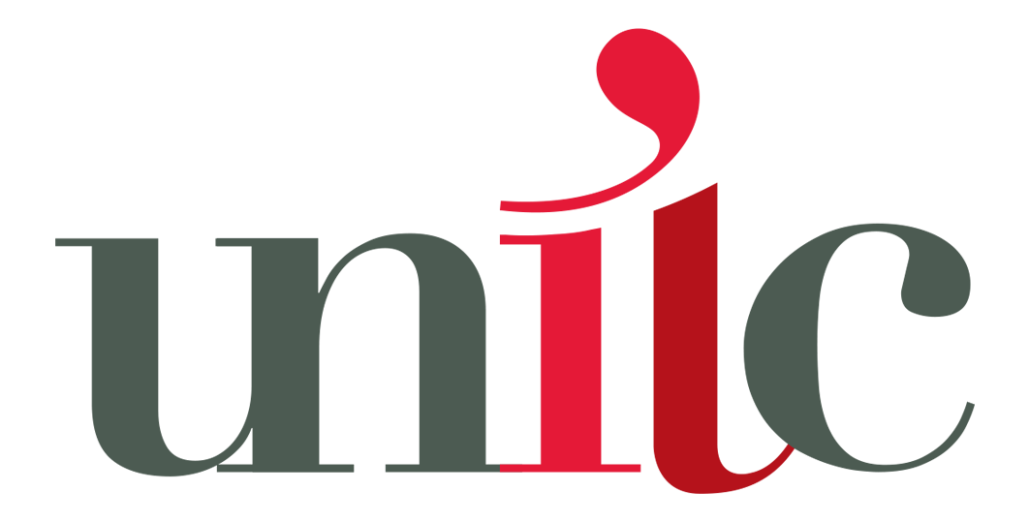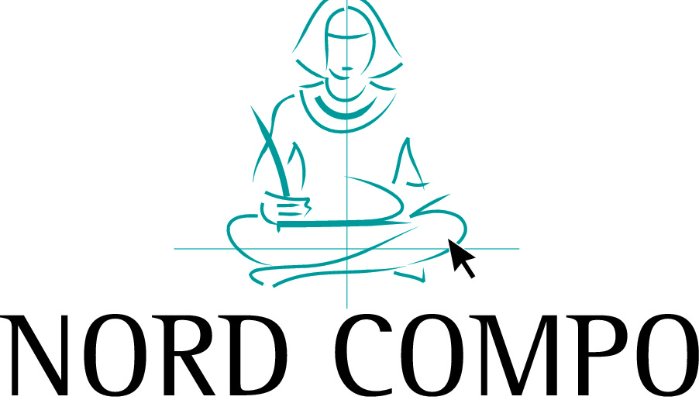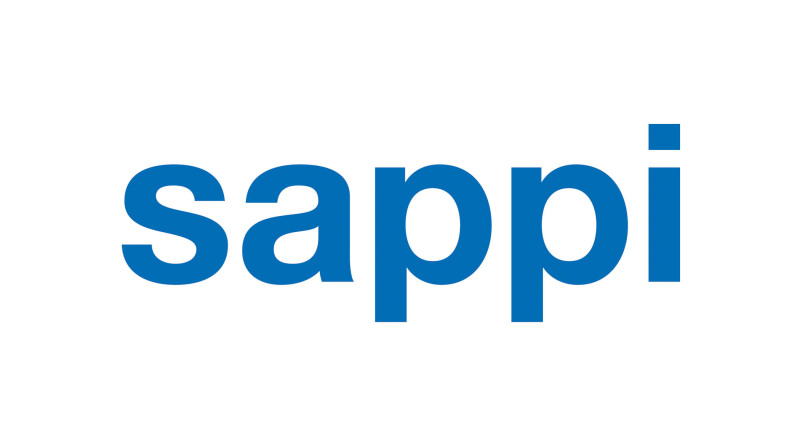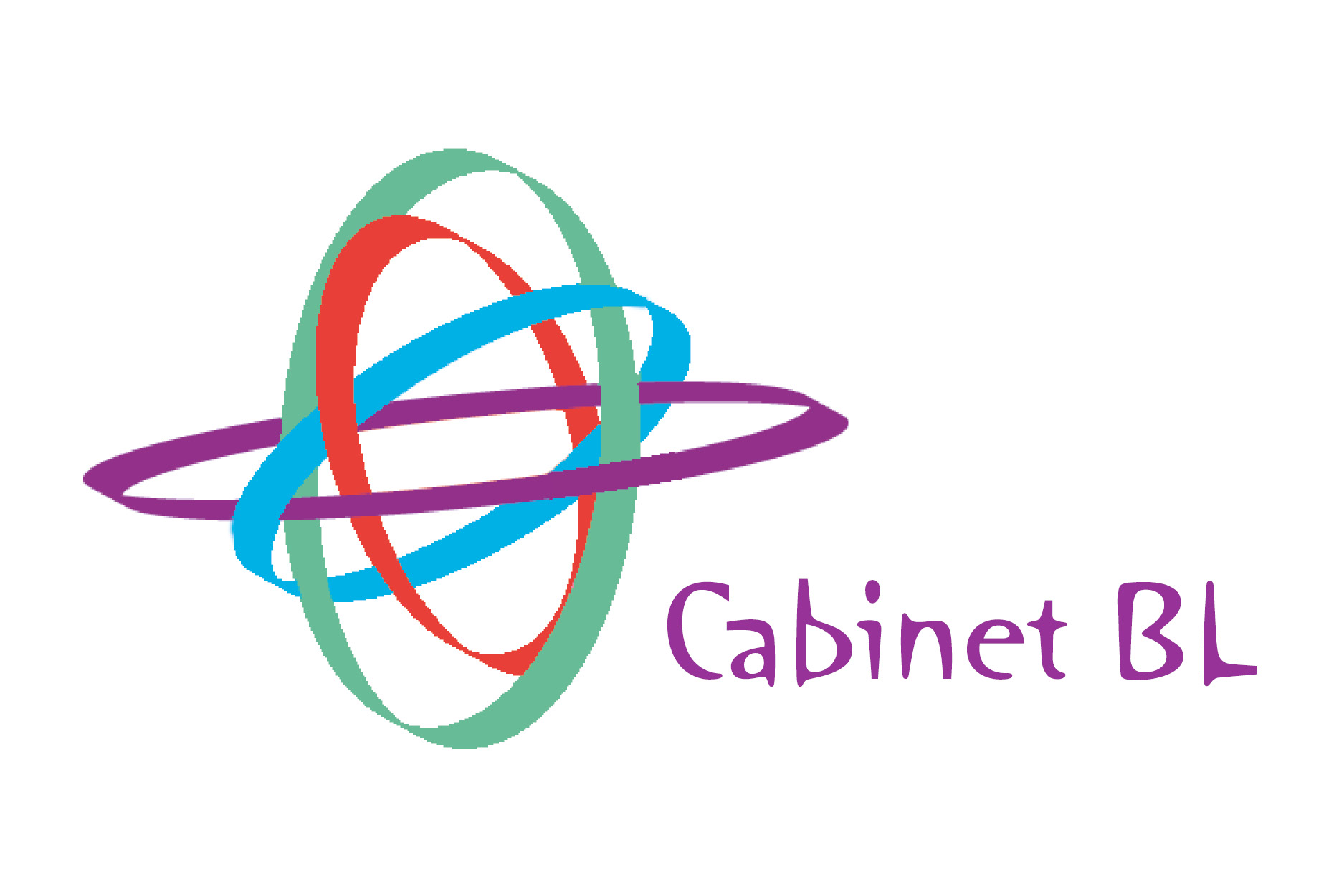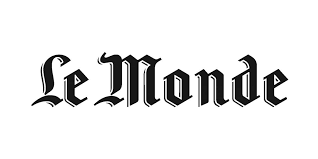Media Industry Job Cuts Nearly Tripled Last Year
A study from an industry outplacement firm said 2018 was the worst year for media in a decade. This year isn’t shaping up so well already.
Last year was the worst for jobs in the media industry since 2009, according to a study from industry outplacement firm Challenger Gray & Christmas Inc.
The media industry, across sectors, hasn’t been squeezed so tightly since the recession.
Companies operating in news, broadcast news and publishing, television and film and music cut just under 15,500 jobs last year, an increase of 281 percent over 2017 when 4,060 jobs were cut, making it the worst year for jobs in the industry since 2009, according to a study from industry outplacement firm Challenger Gray & Christmas Inc. In 2009, media companies cut about 22,350 jobs.
As though news hasn’t had a hard enough time of it in the last decade, the study found that roughly 11,880 of the jobs cut last year were in news organizations alone. This year could be another record of cuts, as already newspapers and digital media companies like Vice and Buzzfeed have revealed layoffs totaling more than 2,000. In January alone, announced job cuts were already up 49.6 percent compared to the beginning of 2018, according to Challenger Gray.
“Members of the media, especially journalists, have had a tough few years,” Andrew Challenger, the firm’s vice president, said in a statement. “Many jobs were already in jeopardy due to a business model that tried to meet consumer demand for free news with ad revenue. As media outlets attempted to put news behind paywalls, in many markets consumers opted not to pay. The result is a loss of great journalists, leading to more work for the few that remain.”
Although legacy publishers like The New York Times, The Washington Post and The Wall Street Journal have been successful with digital subscriptions after being relatively early adopters of paywall or subscriber models, many digital-first brands that relied on click-bait, free content and often third-party platforms, like Facebook, to drive traffic and advertising revenue are being forced to rethink their business models as profits and platforms alike prove unreliable. The word on many a digital publisher’s lips the past few months has been paywalls, but there has been little talk of their limits.
Challenger pointed to issues news publishers face in building revenue, like ad-blockers and the ability of Google and Facebook to leverage years of compiled user data to created targeted ads, which advertisers are willing to pay for. He said the sector’s troubles ultimately boil down to getting paid for content. “The quality of the country’s news will start to decline if we as users refuse to pay for it,” he said.
But there’s only so much most consumers are willing to pay for. Jeff Jarvis, a professor and director at CUNY’s Newmark Graduate School of Journalism, in a recent Medium post about what’s behind the industry’s ongoing consolidation, wrote that “Paywalls will not work for more than a few — and their builders often do not account for the real motives of people who pay and who don’t.”
Jarvis went on to explain that recently, whenever he hit a paywall for an article he wanted to read, he would note the annual cost of the subscription — after two weeks, his tally was up to $3,650. Jarvis is likely an atypically large consumer of media and news given his profession, but even half that annual tally is likely much more than any average person is willing to pay in subscriptions.
“Consumer willingness to pay for content is a scarcity and we’ve already likely hit its limits,” Jarvis went on, citing a recent Reuters Institute study that found more than half of surveyed media executives said developing paywalls was a focus for this year.
“The line on the other side of the cash register,” Jarvis wrote, “is going to get mighty crowded.”








